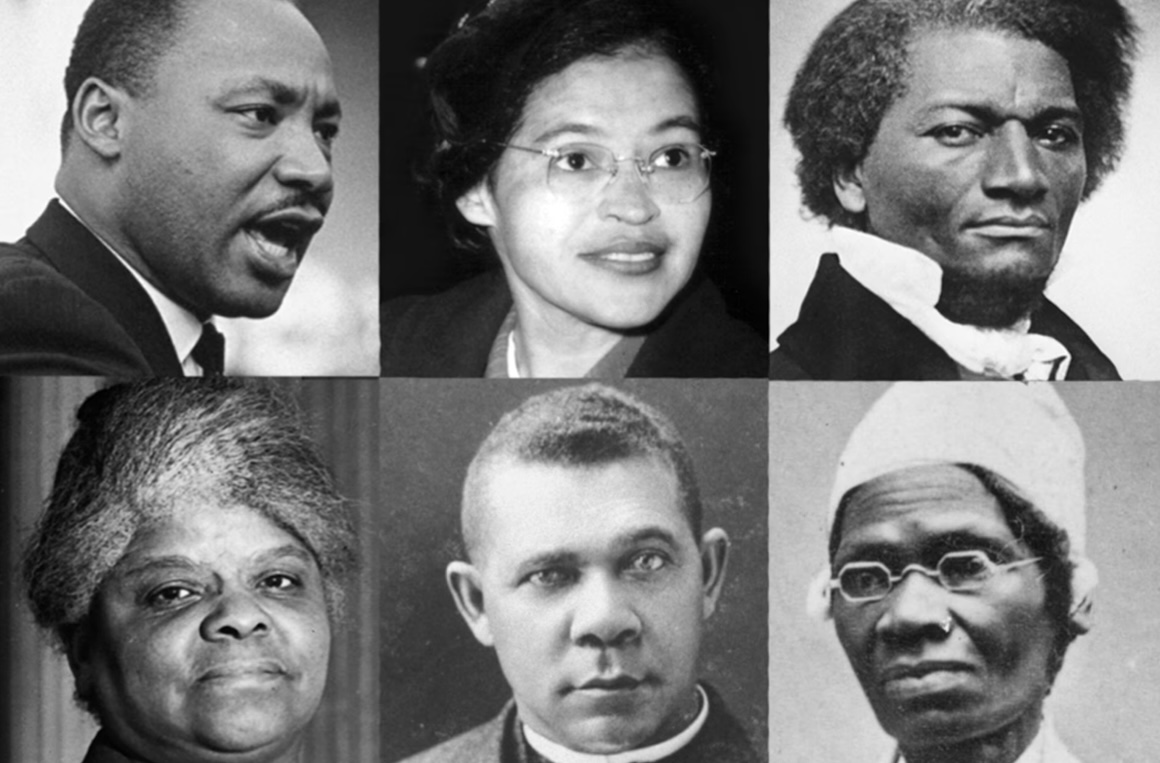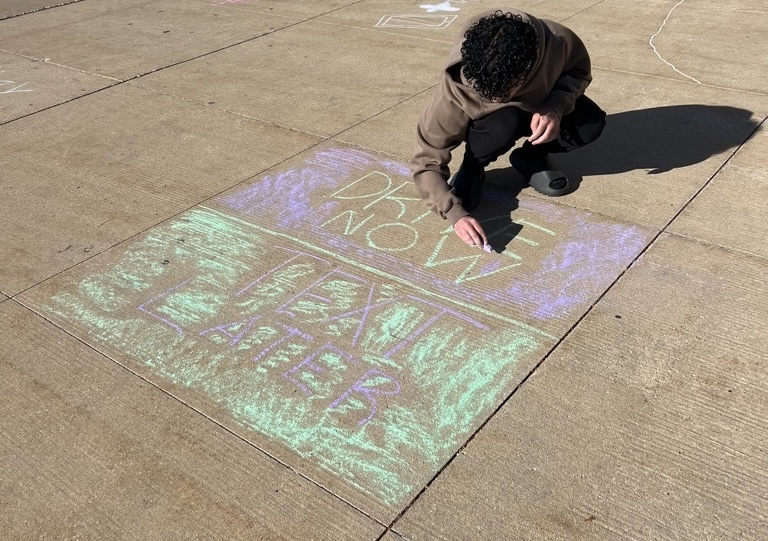Every February since 1976, the United States honors the contributions and sacrifices of African Americans who have helped shape the country. Black History Month is the month in which we celebrate and commemorate the cultural heritage, accomplishments, and hardships that are an indelible part of our country’s history.
Black History Month was a response to the lack of information recorded on the triumphs of African Americans that was available to the public. Few people studied African American history and it wasn’t included in books before the creation of Black History Week. Historian Carter G. Woodson founded the Association for the Study of African American Life and History, and in 1926, the association declared the second week of February as “Black History Week” to acknowledge and admire the contributions of African Americans to the nation and to U. S. History.
The second week of the month of February was chosen to be the Black History Week because it included the birthdays of both Fredrick Douglass, an abolitionist and former U.S. president Abraham Lincoln. President Lincoln led the United States during the Civil War, which was essentially fought over the enslavement of Black people in the country.
Leaders and the public began recognizing the week after it’s creation, which led to the week long event to officially become Black History Month in 1976 when U. S. President Gerald Ford extended the recognition to honor the accomplishments of African Americans in every area of endeavor throughout our history. Since than, Black History Month has been celebrated in the United Staes every February.
The purpose of Black History Month is to focus our attention on the contributions and achievements of African Americans to the United States. It honors all African Americans from all periods of U.S. history, from the enslaved people first brought over from Africa in the early 17th century to African Americans living in the United States today. Black History Month continues acknowledging Black people and their contributions through activities such as museum exhibits, music and film screenings, and by encouraging the study of achievements by African Americans year-round.












